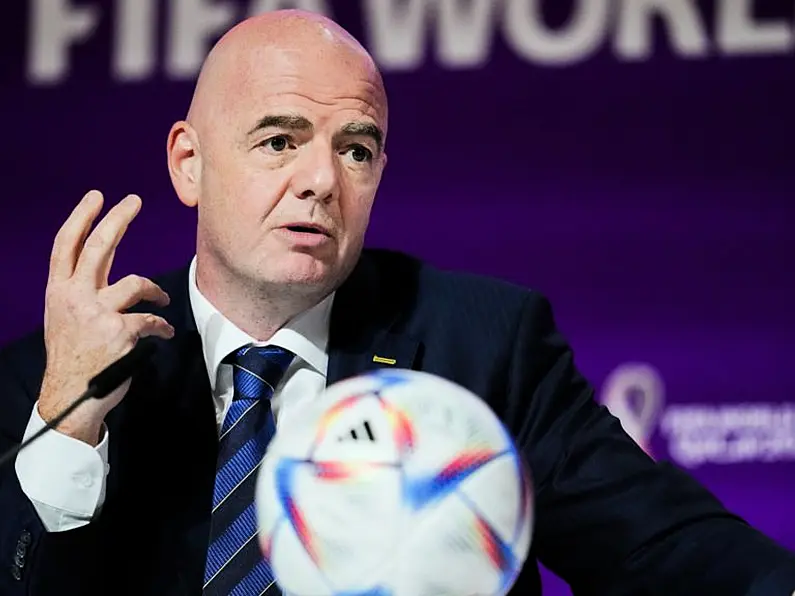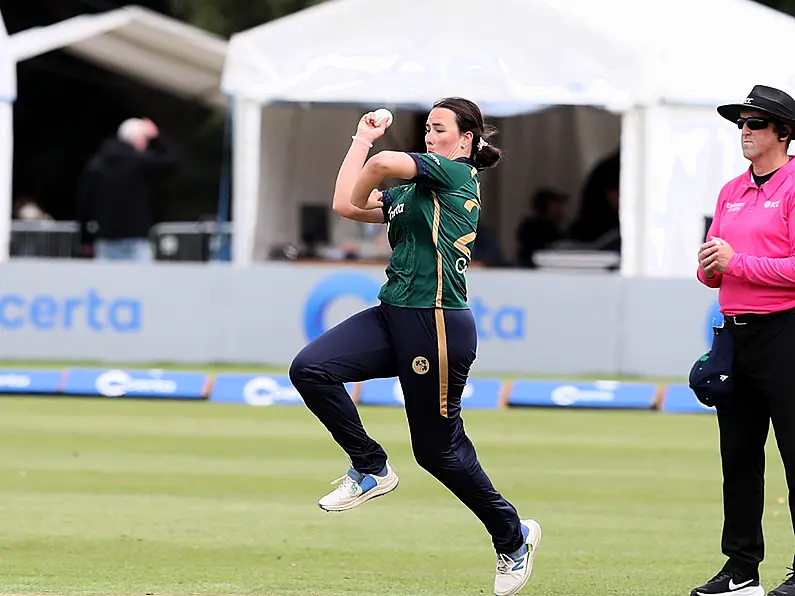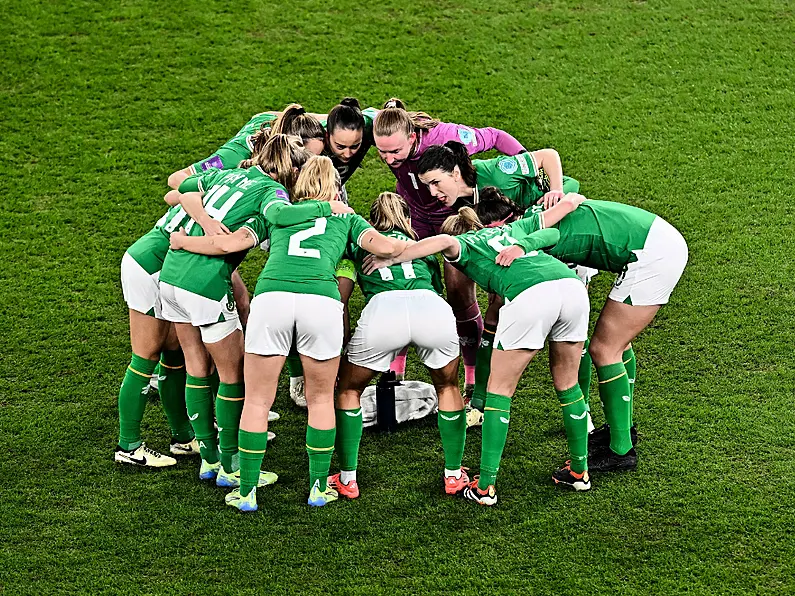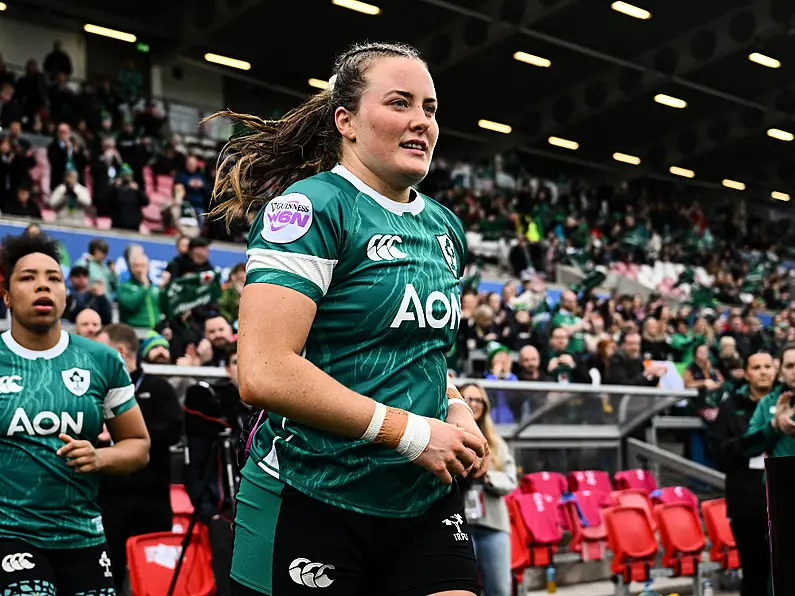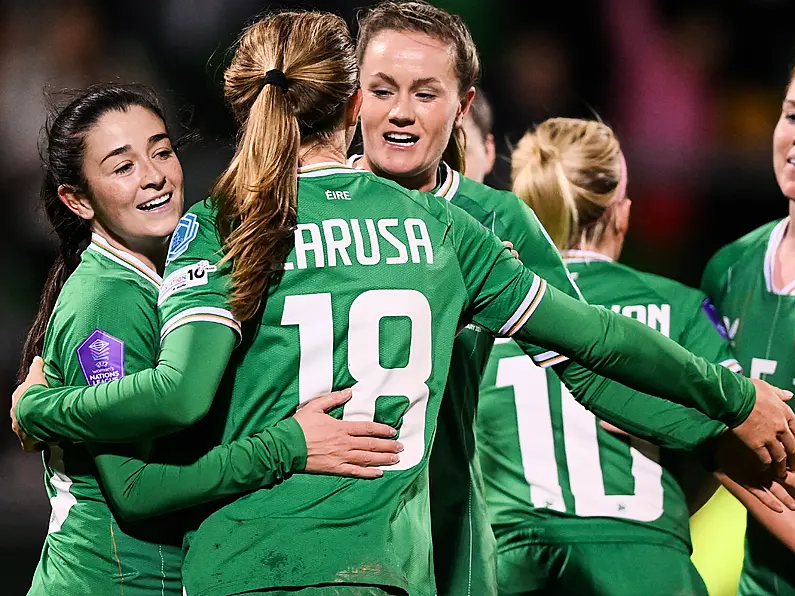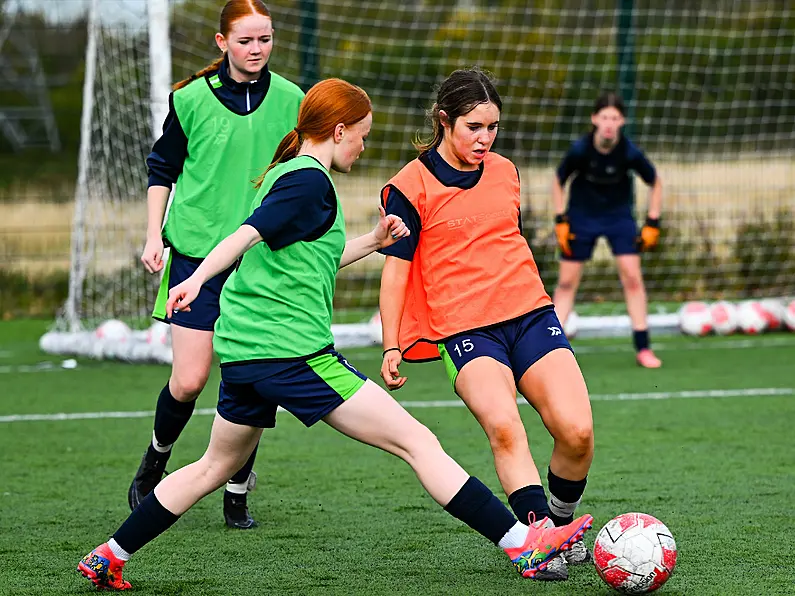In Afghanistan, the Taliban have barred all women and girls from participating in sport. Their national soccer team have settled 7,000 miles away in Australia as the Afghanistan Football Federation and FIFA, the global governing body of soccer, do not recognise the team as an official national team.
As a result of fleeing the country to Australia to gain freedom, they are consequentially ineligible for international competitions and are calling on FIFA to reinstate the Afghan team.
Speaking to the New York Times, Goalkeeper Fati said:
“We had to leave our home and stop our dreams, but it always was our goal to play as a national team again,”
“FIFA has the money and the power to help us, but it’s not doing anything.”
Khalida Popal organised the teams escape from Afghanistan to safety and said
“FIFA will say they don’t want to get involved in politics, but this is a human rights issue and they know it. They’ve just chosen to discard us.”
FIFA officials including it's President Gianni Infantino and Sarai Bareman, FIFA's chief officer for women's football, are yet to comment on the situation even after persistent requests.
Friba Rezayee competed in the 2004 Athens Games and is one of Afghanistan's first female Olympians and she told the New York Times that both the IOC and FIFA are passing a blind eye to the team's situation, which goes far beyond a ban on participation.
“Just last week, the Taliban beat people, including women, inside a stadium where athletes should be playing their sport,” said Rezayee. She also expressed that there are dozens of female athletes in Afghanistan have who have told her the Taliban are actively seeking women who play sports in a bid to punish them, and she gave an example of one judoka who recounted being beaten by the Taliban with a rifle when they found her practicing at her dojo.
For the Afghan team, their wish is to return to playing the sport they love under FIFA, with players contacting FIFA officials pleading with them to reinstate their national team, but to no avail.
Player Popal, who now lives in Denmark, said “Men took away the players’ right to play football in Afghanistan, and now FIFA is taking away the right for the players to play football anywhere else,”
“I’m so frustrated that women have no voice. Why do the women of Afghanistan always have to pay the price?”
Last month, she also sent an official grievance to FIFA, along with at least a half dozen other former players, stating “All the coaches and players need to have their right to play respected and FIFA has the responsibility to guarantee our right to represent Afghanistan, even in exile.”
Again, they received no response.
Popal is not loosing faith. She has formulated some ideas of running a training camp for the senior national team players that are now in Australia, the under-17 players who have ended up in England, and some of the under-15 players who are now in Portugal — but ultimately, any female Afghan soccer player.
The goal of the camp would be to enable player to do trials for the senior team that would theoretically play in FIFA tournaments and allow these women to play the sport they love and enjoy so much.
In the meantime, while they await their fate with FIFA, the players in Australia have been playing at professional club Melbourne Victory, with the club supporting their travel, training and gear. They competed in a state league and ultimately finished third in the division.
But this is only intended to be a temporary solution to the barriers they face. The players want so much more. They want to represent their country.
“I am so mad at FIFA right now,” Fati said. “They are always saying that football is a family and that they take care of their football family. But that’s not the truth. They don’t care about us. They have forgotten us.”
